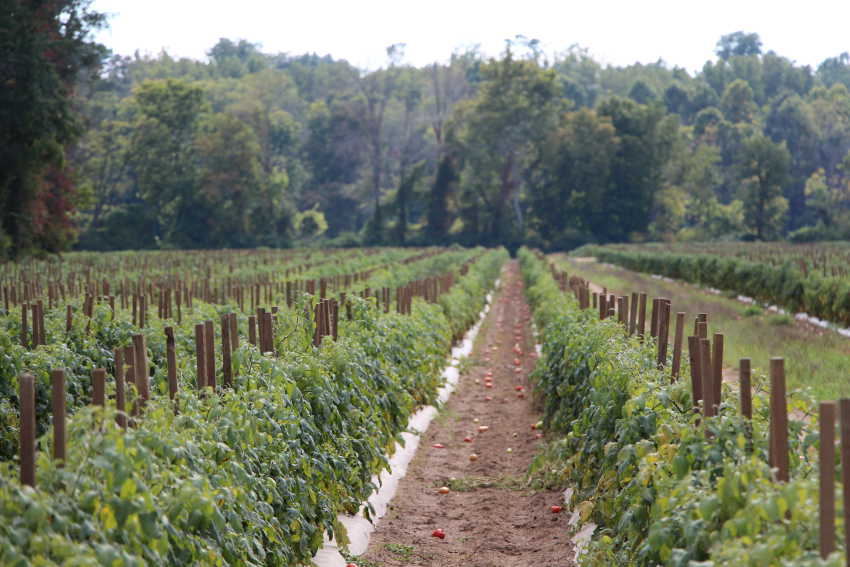Researchers Reprogram Plants To Tolerate Drought Conditions
Research conducted at the University of California, Riverside may reprogram plants facing drought conditions to use less water. When plants encounter drought, they naturally produce abscisic acid (ABA), a stress hormone that inhibits plant growth and reduces water consumption.
Specifically, the hormone turns on a receptor in plants when it binds to the receptor like a hand fitting into a glove, resulting in beneficial changes that help the plants survive.

But ABA is costly to make, rapidly inactivated inside plant cells and light-sensitive, and has therefore failed to find much direct use in agriculture.
The agrochemical mandipropamid, however, is already widely used in agricultural production to control late blight of fruit and vegetable crops. Could drought-threatened crops be engineered to respond to mandipropamid as if it were ABA, and thus enhance their survival during drought?
Yes, according to a team of scientists led by Sean Cutler at the University of California, Riverside.
The researchers worked with Arabidopsis, a model plant used widely in plant biology labs, and the tomato plant. In the lab, they used synthetic biological methods to develop a new version of these plants’ ABA receptors, engineered to be activated by mandipropamid instead of ABA. The researchers showed that when the reprogrammed plants were sprayed with mandipropamid, the plants effectively survived drought conditions by turning on the abscisic acid pathway.
For more information, go to http://ucrtoday.ucr.edu/26996.
Source: Iqbal Pittalwala, University of California Riverside










